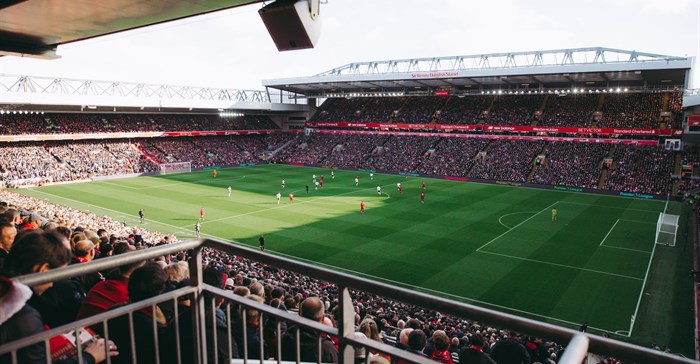
As everyone scrambles to react to the unforeseen situation that Covid-19 has forced upon us, I have spent most of my time engaging with the relevant stakeholders within the sporting sphere.
I have read a number of published pieces on how our industry will never be the same, and yes, we have addressed the same questions such as, “How will our existing offerings need to be realigned? Should we be moving aggressively into the digital space? Etc.”
We are an industry that needs the entire economy to open up, businesses to recover, marketing budgets to be committed and more critically, a medical solution be found so that the passionate supporters and athletes can attend our live sporting events.
Externally, I have witnessed past and present professional sports personalities, their teams, rights federations, sponsors, and media partners all dive into the digital space. We have watched players training at home; explaining good hygiene practices; challenging each other to various challenges; using this time to help where they can and joining online streaming platforms to engage with supporters via posting comments into the feed.
Has the sports industry, and all the relevant stakeholders – including the players – used this opportunity to fundamentally look at themselves and broaden their reference points to understand what has been changing pre-lockdown?
The Covid-19 lockdown has given us an opportunity to stop the preverbal bus to really engage and think critically about the rapidly changing sports industry and what is global best practice in other industries? What do I mean? Prior to lockdown, most sports in SA were facing the same challenges.
I will borrow the words of someone I recently had an enlightening conversation with, who until recently held the position of global head of sponsorships for a multinational financial institution. Over a long online conversation, we grappled with the above points and he said in all his years of using sponsorships, he strongly believes that sponsorships are a critical and powerful tool in the market mix.
But rightsholders, and even professional players, need to appreciate that the real value lies with the end customer – the passionate supporter. Unpacking this thinking, a large part of the sports industry is sold on the number of eyeballs – being spectators and audience ratings. Major domestic, global rightsholders and personalities market and sell themselves by stressing their attendances, the number of followers they have on their social media platforms, the world-class players part of their packaged product, and broadcasting audiences.
The issue is sports does not control the access or have detailed intelligence on their supporters. Sport and individuals are beholden to the social media platform algorithms and T&Cs regarding their partners' engagement on their social media platforms. Even the online ticketing solutions are often provided by third-party service providers, whose aim is to drive foot traffic to their stores or online platforms.
Sport can learn from the music and gaming industries, where I use the following example during the lockdown. Travis Scott released his new soundtrack within the Fortnight gaming platform. Who is Travis Scott, and what does the launch of a song in a game have to do with anything?
Thinking critically, I watched my teenage son contact his friends to ensure they were all in the game’s virtual world at a specific time. They spent an hour exploring that virtual world as they waited for Travis to appear. The event was the same as a concert of old! Thousands of fans singing and cheering waiting for the main act. Travis finally appeared as a huge hologram of himself, with his new track playing and the boys went mad.
This is my point when I say we have a lot to learn. We are looking at the convergence of entertainment and technology platforms. Sport needs to fully immerse itself into utilising those platforms to capture the minds of this new generation.
Staging virtual Fifa 2020 tournaments may appear relevant to the new generation, but I don’t believe it gets to the fundamental questions and opportunity we have right now. The value is in having a direct relationship with the fans. Do we really have a direct relationship with them or are we still just pushing content across our communication platforms and counting “likes”?
Do teams and players have any detailed understanding as to their passionate supporter base? Even better, do they have any diagnostics in place to develop bespoke solutions for those supporters? And I can go on …. So what? (I always ask myself!)
We should start with the end customer in mind. The technology is available, and the passionate fans are open and prepared to engage. This lockdown has proven that young and old have been immersed in using technology (my 70-year-old in-laws discovered this ‘new’ TV channel called Youtube).
Passionate fans want to get closer to their teams and players. They are prepared to grow with them and are willing to share information if their team or favourite player can create a valuable proposition that they trust and speaks to them.
Covid-19 has been a catalyst in recalibrating the way we view sports as a product, and we need to change our mindset if we are to succeed in ensuring that this industry remains relevant in this brave new world we are currently entering.
